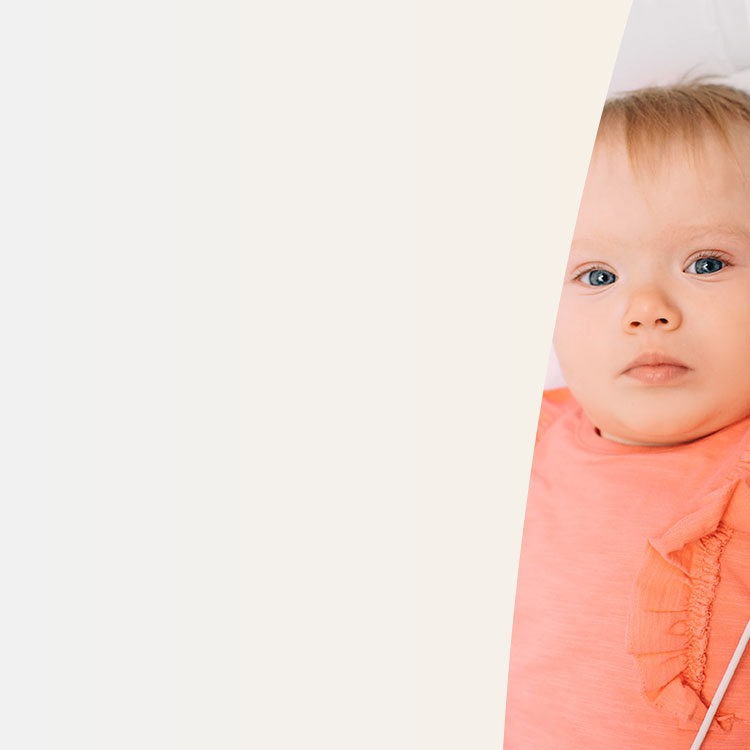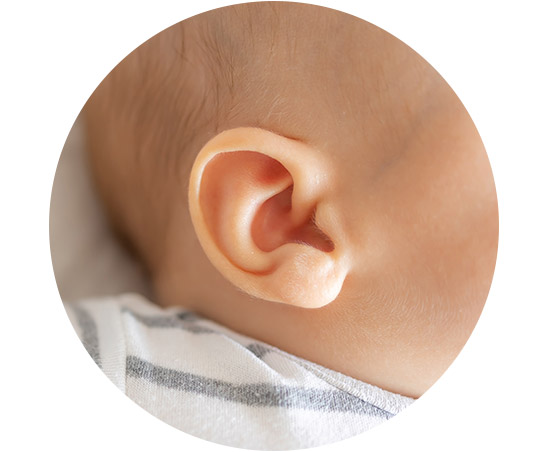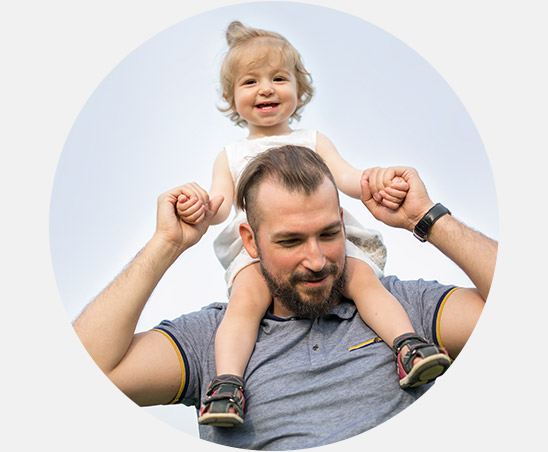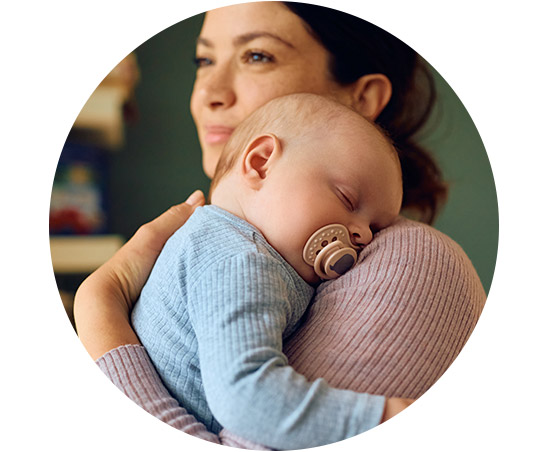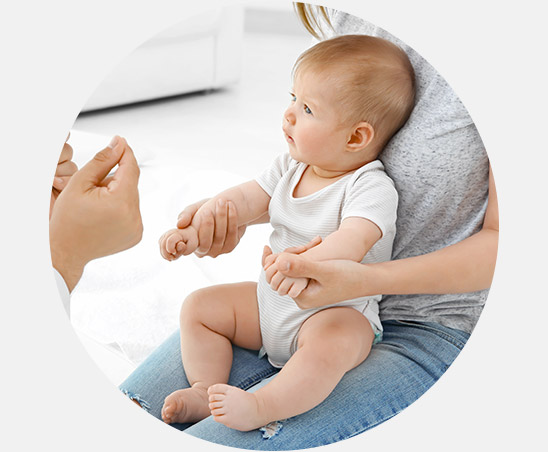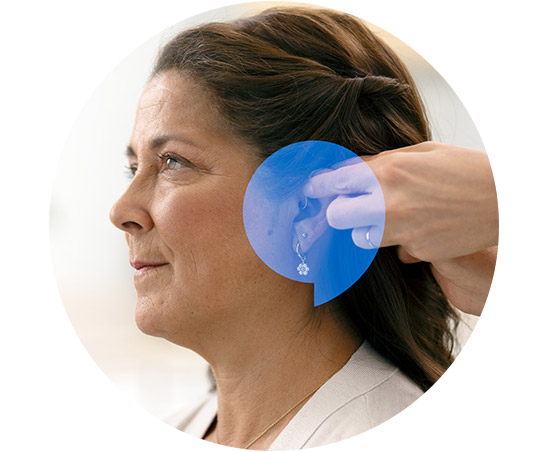Audiologist MNZAS CCC, MAud(Hons) BSc
Alex graduated from the University of Auckland Audiology course in 2012 then started his Audiology career in the public sector for seven years at both Manukau SuperClinic, Greenlane Hospital, and Starship Children’s Hospital.
He is now into his sixth year working at Audika New Zealand, working as both a clinician and clinical trainer. He is also an NZAS (New Zealand Audiological Society) CCC’s examiner which he has done for the past seven years. "It is a rewarding experience being able to see how helping someone hear better brings joy to not only the hearing aid user but their family as well".
One of Alex's passions is supervision and helping audiologists grow in both knowledge and clinical skills, which was the driving force for him taking on the role of clinical trainer.
Throughout his time in audiology he has supervised a large number of university students through their public and private placements, as well as provisional audiologists through their CCC’s year.

